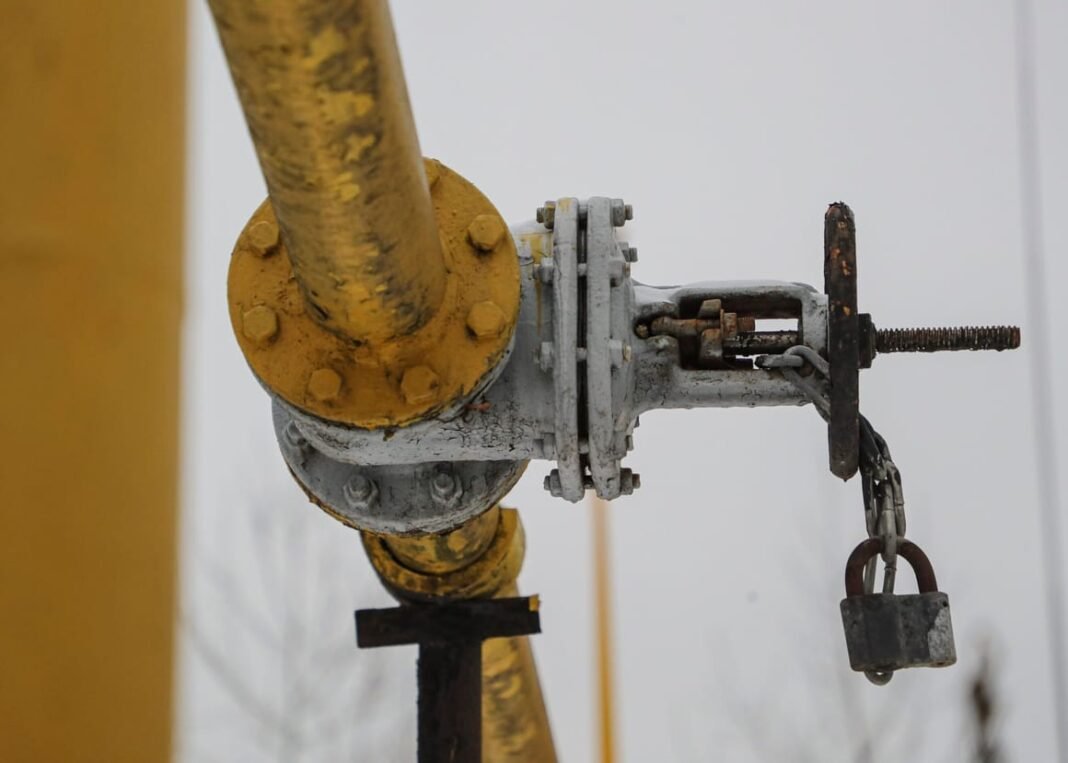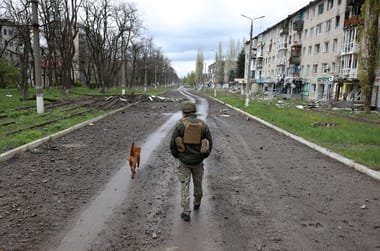The Moscow-backed breakaway region is unable to heat homes after being cut off by Kremlin patrons.

Hundreds of thousands of people in Moldova’s breakaway region of Transnistria are facing the prospect of winter without heating or power after Russia ended the flow of natural gas to the unrecognized republic.
Early Wednesday morning, local authorities in the disputed territory announced they were cutting off supplies of hot water and heating for apartment buildings in the face of the gas shortage. They advised people to seal gaps in their windows as temperatures hover around freezing.
Russia’s state energy giant Gazprom turned off the taps earlier Wednesday following expiration of a long-term transit agreement that allowed it to export via pipelines running across neighboring Ukraine.
Speaking to POLITICO, Moldova’s national security advisor, Stanislav Secrieru, accused Russia of “weaponizing” its energy exports “to destabilize Moldova economically and socially, weaken the pro-reform government ahead of the elections, and manufacture political demand for the return of pro-Russian forces to power.”
According to Secrieru, Moldova — which has been an ardent supporter of Ukraine since the start of Moscow’s invasion, and has secured EU candidate status — isn’t facing an “energy crisis — it’s a deliberately induced security crisis and a shaping operation ahead of the 2025 parliamentary elections.”
Pro-Western President Maia Sandu and her government face another key nationwide vote by summer after the country’s EU referendum passed by the narrowest of margins following an alleged Russian influence campaign. Sandu offered humanitarian aid for Transnistria, but said local leaders have so far rejected it.
According to key European policymakers, Transnistria is a foremost hurdle for Moldova’s accession to the bloc, with more than a thousand Russian troops stationed in the separatist-run region. Transnistria had free access to gas as part of a sweetheart deal with the Kremlin that allowed it to sell electricity to the rest of Moldova, funding local salaries and pensions in Transnistria.
Last year, Moldovan officials told POLITICO that ending the country’s dependency on Russian gas could spell the end of Transnistria’s de facto independence. “We buy electricity from the region not because we have to, but because the alternative is to throw the region into a humanitarian crisis,” said then-Energy Minister Victor Parlicov.





